

Cholera is an acute diarrhoeal infection caused by ingestion of food or water contaminated with the bacterium Vibrio cholerae. Cholera remains a global threat to public health and an indicator of inequity and lack of social development. Researchers have estimated that every year, there are 1.3 to 4.0 million cases, and 21 000 to 143 000 deaths worldwide due to cholera. Cholera is an extremely virulent disease that can cause severe acute watery diarrhoea with severe dehydration. It takes between 12 hours and 5 days for a person to show symptoms after ingesting contaminated food or water. Cholera affects both children and adults and can kill within hours if untreated. Most people infected with Vibrio cholerae do not develop any symptoms, although the bacteria are present in their faeces for 1-10 days after infection and are shed back into the environment, potentially infecting other people. Cholera is often predictable, preventable and can ultimately be eliminated where access to clean water and sanitation facilities, and satisfactory hygiene conditions are ensured and sustained for the whole population.



Welcome to the WHO Eastern Mediterranean region photo library.

